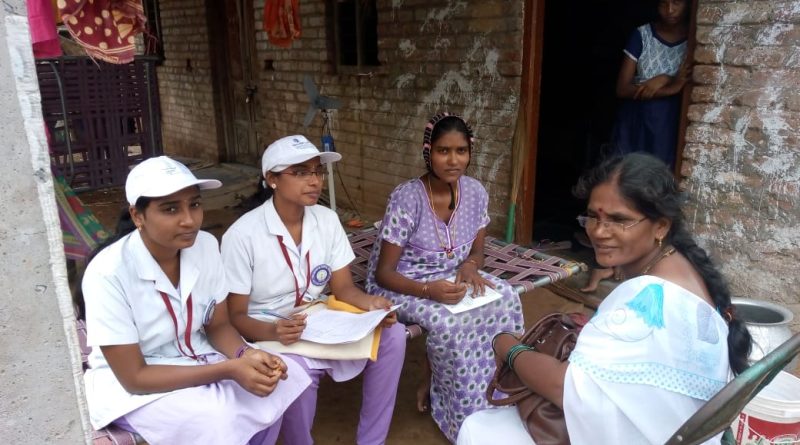Navigating India’s Public Health Crisis
India stands at a critical juncture in its public health journey, facing a myriad of challenges that demand immediate and comprehensive attention. From the escalating rates of childhood obesity to the credibility crisis in medical education, our nation must adopt a multi-faceted approach to address these pressing issues. The June 2024 issue of Double Helical aims to weave together various narratives, highlighting the interconnected nature of these health concerns and the need for collective action.
Childhood obesity in India has reached epidemic proportions, posing a critical public health challenge. This issue is not merely a concern of aesthetics but one that brings with it severe health risks, including type 2 diabetes, hypertension, cardiovascular diseases, and psychological problems. The rise in childhood obesity rates is a reflection of broader societal changes, including shifts in dietary habits, sedentary lifestyles, and a lack of awareness about the importance of physical activity.
Addressing childhood obesity effectively requires a holistic approach that involves families, educational institutions, healthcare providers, and policymakers. In line with this, nutritionist Ishi Khosla’s book, “The Diet Doctor,” emphasises the power of effective dietary changes and lifestyle adjustments in tackling obesity. This guide provides practical strategies and insights to help individuals achieve and maintain a healthy weight, promoting overall well-being.
Another significant concern is Obesity Hypoventilation Syndrome (OHS), a little-known but serious consequence of obesity that is rarely diagnosed early, leading to higher mortality and prolonged hospital stays. India faces a looming health crisis with this ailment, highlighting the urgent need for increased awareness and early detection. Healthcare providers must be trained to recognise the symptoms of OHS and provide timely interventions.
The June issue also delves into the crisis in India’s medical entrance exam system, with the NEET-UG 2024 results exposing severe flaws and corruption. Allegations of blatant score manipulation, widespread paper leaks, and dubious grace marks have triggered intense legal battles and public outrage. The situation draws unsettling parallels to the notorious Vyapam scam, underscoring deep-rooted systemic issues that threaten the integrity of medical education. Reforms are urgently needed to restore credibility and ensure a fair and transparent examination process. Strengthening oversight mechanisms and implementing strict anti-corruption measures are essential steps in this direction.
On the environmental front, sustainable living is crucial for combating environmental challenges and promoting a healthier planet. By embracing changes such as reducing waste, conserving energy, and choosing eco-friendly products, individuals can contribute to a greener future.
We also feature a story on music therapy, an ancient practice rooted in texts like the Samveda, which has shown positive effects on physical, emotional, and cognitive health. This therapeutic approach can be used alongside traditional medical interventions to enhance patients’ overall well-being in various settings, including hospitals, nursing homes, rehabilitation centres, and private practices. Integrating music therapy into mainstream healthcare can provide holistic healing experiences and improve patient outcomes.
Our gaze also turns to infusion nursing, which has evolved from a critical care measure to an essential aspect of medical care across various settings. With the Infusion Nurses Society (INS) India leading the charge, the field is undergoing a transformation marked by innovation, excellence, and a commitment to patient-cantered care. Continuous professional development and recognition of infusion nurses’ contributions are vital for sustaining this transformation.
India’s public health landscape is complex and multifaceted, with challenges ranging from childhood obesity and dietary habits to systemic issues in medical education and the integration of alternative therapies. Addressing these issues requires a coordinated and comprehensive approach that involves all sectors of society. By fostering environments that promote healthy living, ensuring the integrity of our educational systems, and embracing sustainable practices, we can work towards a healthier and more equitable future for all. It is imperative that we act now to safeguard the health and well-being of our nation.
In closing, we invite you to embark on a journey of discovery and enlightenment as you go through the diverse array of articles and features contained within the pages of our June issue. From cutting-edge research to thought-provoking commentary, we are confident that you will find much to stimulate your intellect and nourish your curiosity.
Happy reading!
Amresh K Tiwary
Editor-in-Chief

